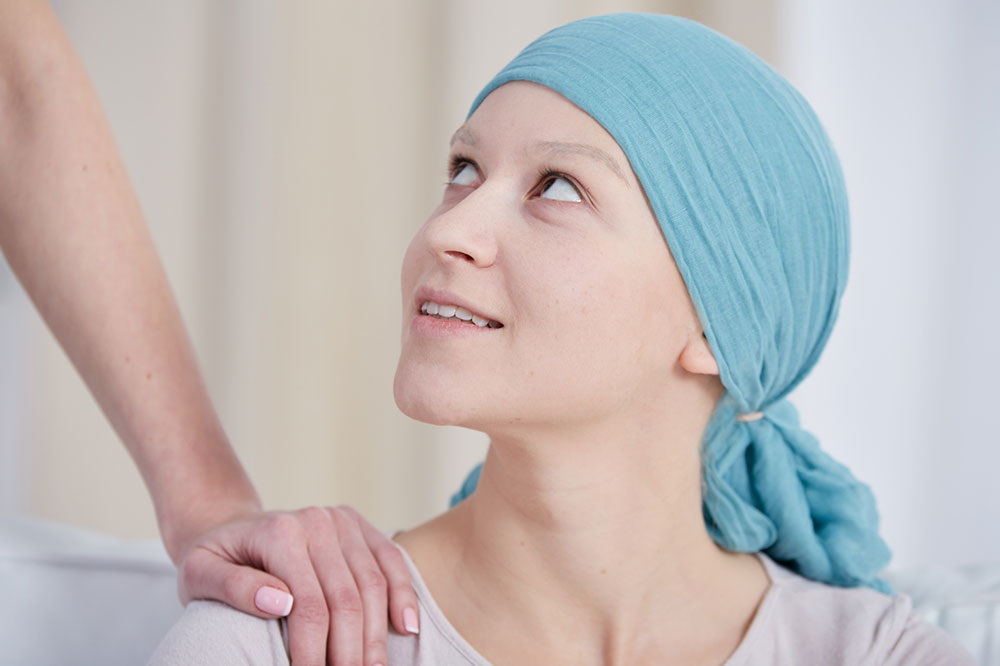
Ways to Deal with the Side Effects of Chemotherapy
The treatment procedure for cancer is tedious and has several side effects that are often difficult to manage, and this is more prevalent with chemotherapy. Some of the main side effects of cancer treatments are fatigue, nausea and vomiting, hair loss, loss of appetite, and diarrhea. Let’s understand the main side effects of one of the common methods of cancer treatment—chemotherapy—and the ways to deal with them.
Low blood count
Chemotherapy as a treatment of cancer can lead to infections as most anti-cancer drugs affect the bone marrow and hinder the production of the white blood cells (WBCs), which fight infections. To avoid any severe infections during or post-chemotherapy, along with medication, one must keep the following things in mind:
- Wash hands more often
- Stay away from people who have illnesses
- Try to avoid crowds
- Do not cut or tear the nail cuticles
- Be careful not to cut or nick themselves with scissors, needles, knives, and such
- Take a warm bath or shower
Fatigue or tiredness
One of the main side effects of cancer treatments as reported by cancer patients, constant tiredness and low energy levels are the primary result of chemotherapy, low blood counts, lack of sleep, pain, stress, and poor appetite, along with many other factors. Patients can follow the given tips to manage fatigue and regain energy:
- Always plan the day as it helps make time to rest
- Always try to take multiple breaks or short naps
- Try easier or shorter versions of activities
- If possible, take short walks or indulge in light exercise
- Allow others to do some things or help with chores
- Maintain a diary and write down feelings and mental and physical health every day
- Continue consulting a nurse or doctor regularly about these developments
Nausea and vomiting
Chemotherapy can also lead to nausea and vomiting, and the length and severity of this side effect can vary from one person to another. It also depends on the type of medications a patient is prescribed.
- With some patients, eating a light meal before a chemotherapy session helps prevent nausea and vomiting.
- If one can nap or just rest, that helps a lot as well.
- Consumption of dry foods like crackers or toast, particularly after getting up in the morning, is known to offer relief from nausea for people undergoing treatment for cancer.
- The consumption of popsicles, fruit ices, or sucking on ice chips can also help.
- Apart from that, various relaxation techniques or hypnosis also help some patients alleviate the symptoms of nausea and vomiting.
Most of the main side effects of cancer treatments are long-term, so one needs to follow some tips to manage them effectively and make them part of their lifestyle. Also, one must forget to consult their nurse or doctor if they feel any kind of uneasiness.


